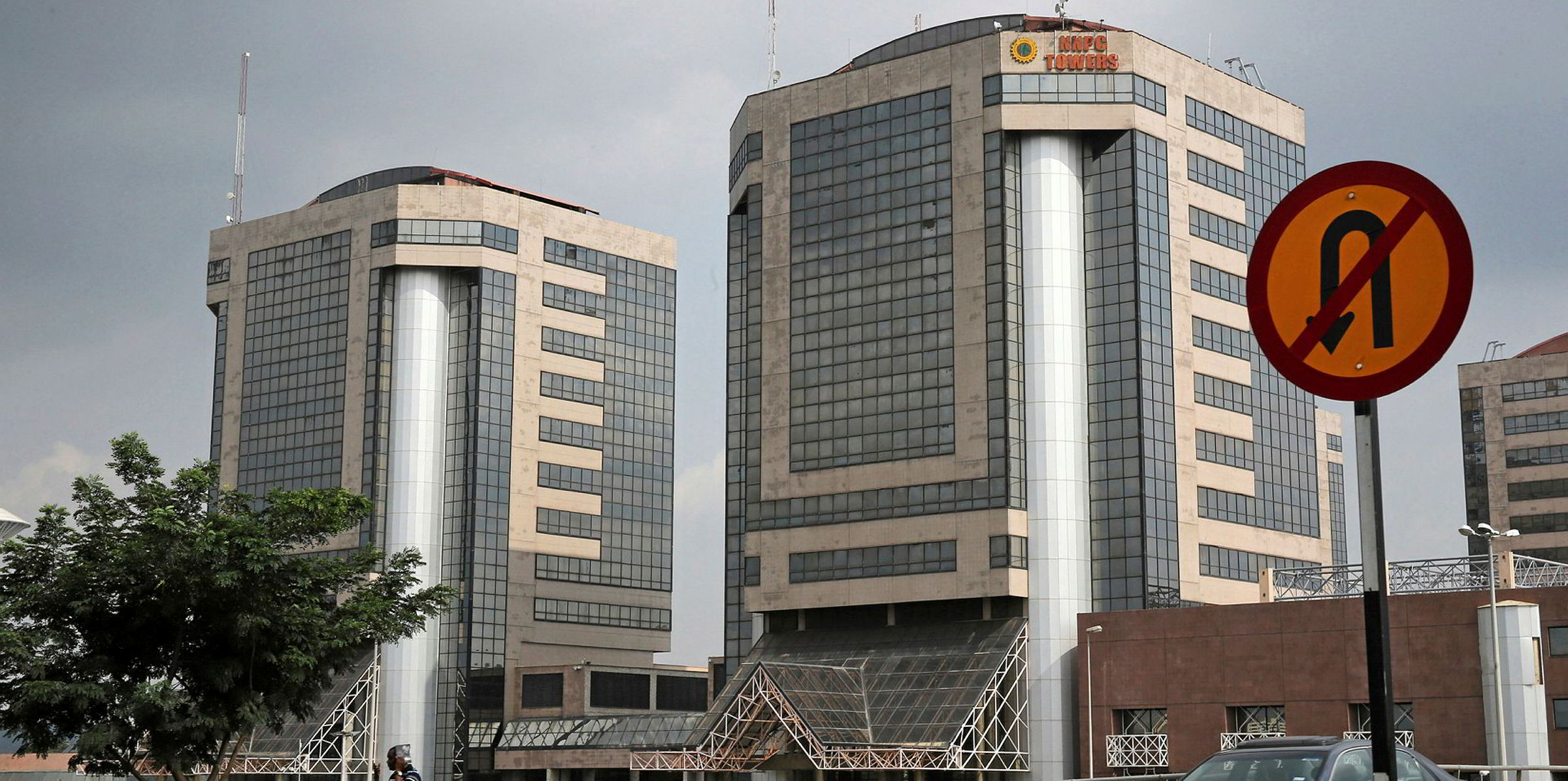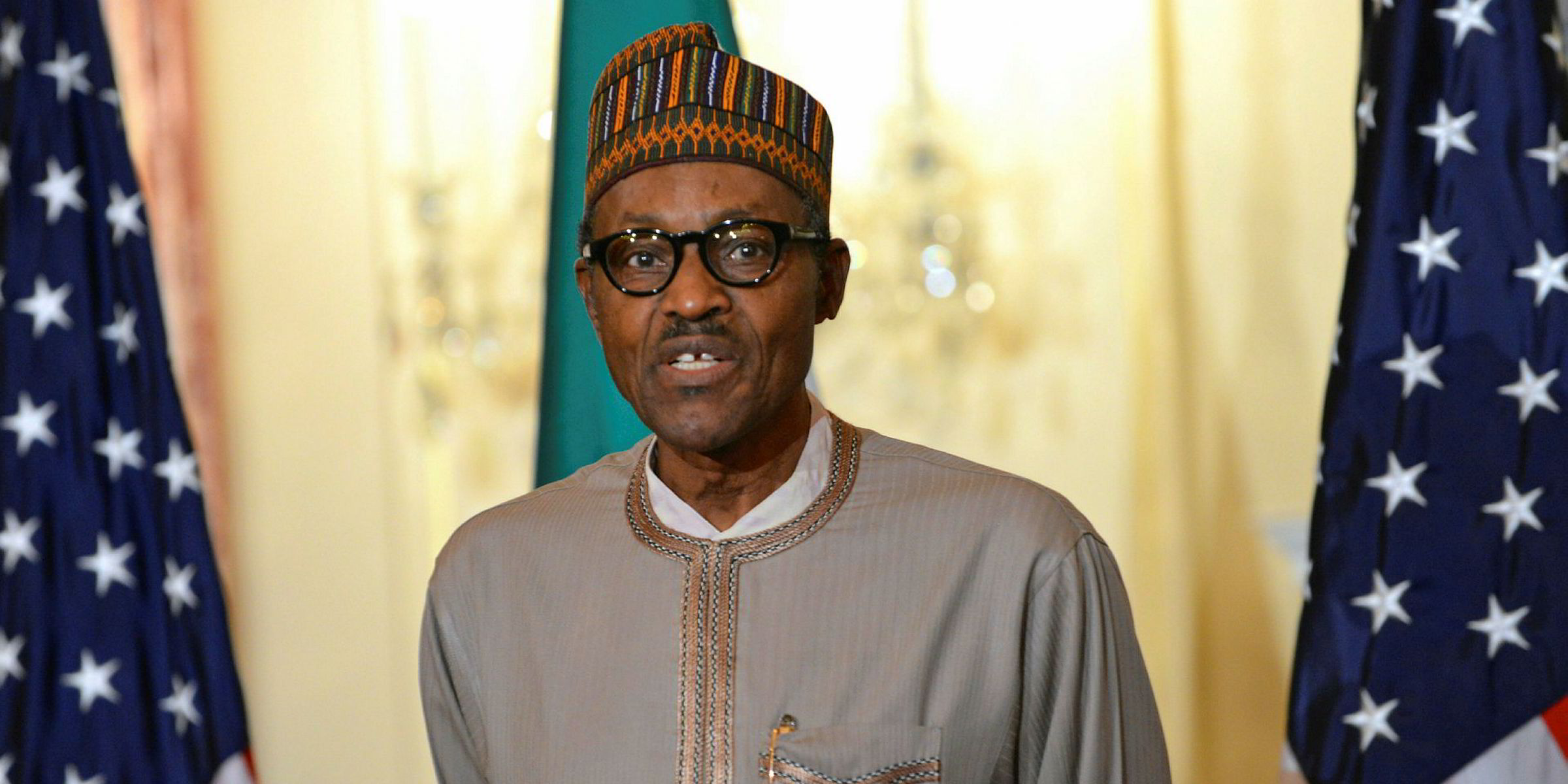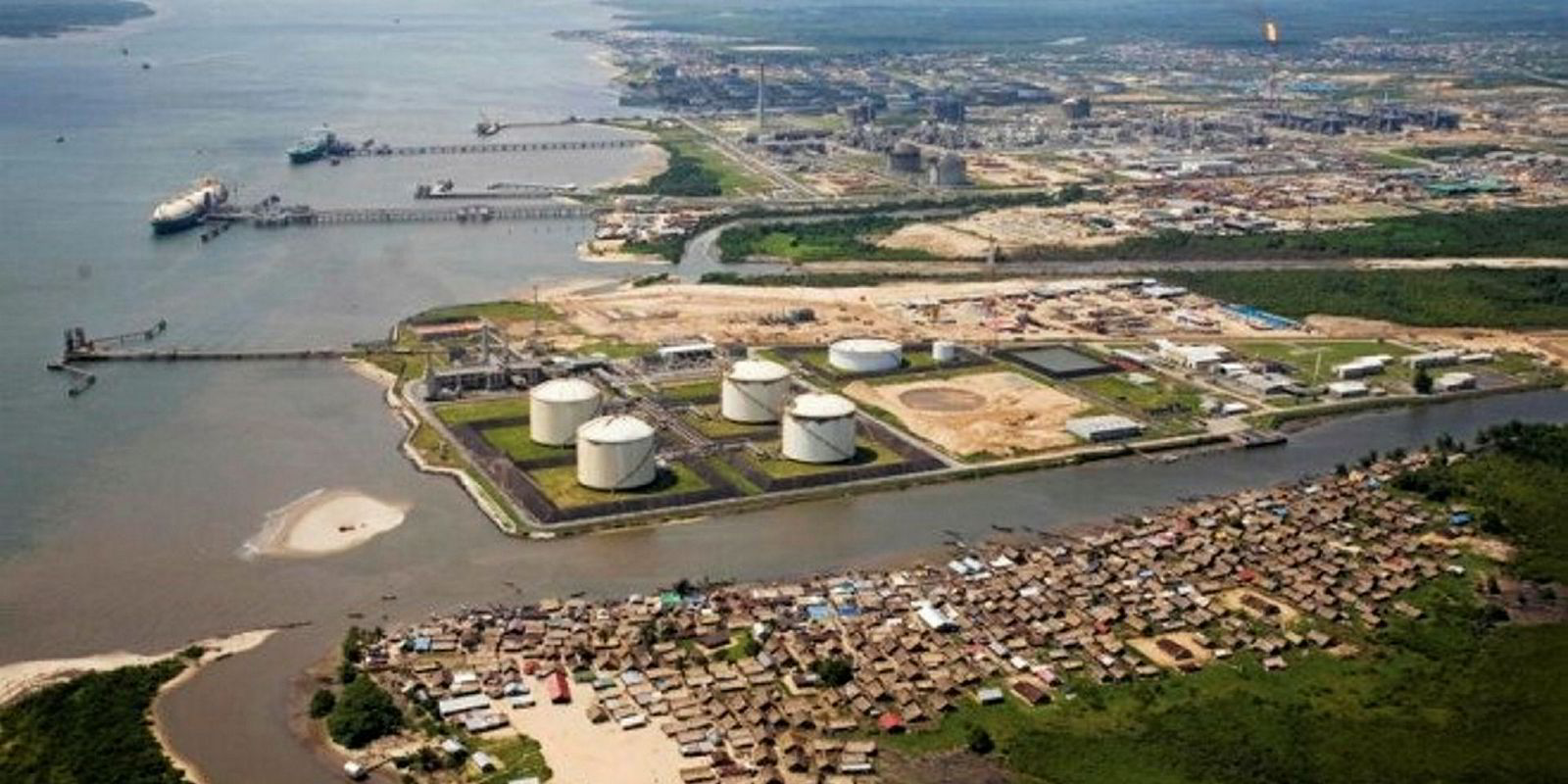State-owned Nigerian National Petroleum Corp (NNPC) has inched forward the country's national tanker fleet project, with its recent introduction of a spot charter operation in London seen as a small step in that direction.
Shipping officials in the West African country have been discussing plans to establish a fleet of 20 MR product tankers and up to 10 suezmax crude tankers with the backing of the Nigerian government in the capital, Abuja.
Secondhand acquisitions and long-term bareboat leases were seen as potential avenues to grow the fleet.
While there has been a lack of development for several months, TradeWinds reported recently that Nidas Shipping Services — a subsidiary of NNPC — has returned to spot trading. The move may suggest progress is being made.
Moving forward
“It seems things are moving forward,” Nidas chartering and operations manager Panos Gliatis tells TradeWinds.
“Everything will depend on how NNPC wants us to proceed.”
According to the NNPC, Nidas is responsible for chartering tankers to ship crude and petroleum products into Nigeria. Having chartered two product tankers recently, Nidas will also look at suezmax markets.
What may matter more, though, is that NNPC states that Nidas will have the right of first refusal to ship crude sold in NNPC’s annual contracts.
It will have the same right to ship crude and oil products involved in the direct-sale-direct-purchase (DSDP) agreements, which are NNPC’s crude-for-product swap deals.
Business opportunities
This could present many business opportunities for Nidas, as Nigeria is Africa’s largest crude exporter and gasoline importer.
Having shaken off earlier production woes amid militia attacks since last year, Nigeria’s crude exports have rebounded to average 1.84 million barrels per day in August to October, according to Bloomberg data.
As for product tankers, about 40 MR and LR fixtures were recorded in October for shipping gasoline and distillates into the country, where domestic consumption outpaces refinery expansion.
Significant portions of those shipments could be controlled by Nidas eventually.

“There is volume,” Gliatis says. While Nidas’ charter desk only has two employees at the moment, he says “we plan to expand”.
In order to better use such rights, Nidas will need to have its own shipping capacity.
However, Gliatis says the future fleet size of Nidas remains unknown at this stage, saying a cautious approach would be adopted.
“We just come back to the spot market ... We need to have a balanced portfolio and right market exposure,” Gliatis says.
Past attempts
Nigeria has long held the ambition to have tanker capacity under its control in similar fashion to Saudi Arabia and Kuwait — fellow Opec members — that could create better trading margins and more business opportunities.
When it previously entered the spot market in 2010, Nidas also stated its plan was to control a significant owned and chartered tanker fleet. But the ambition fizzled out after the company failed to renew a contract of affreightment with BP.
“NNPC didn’t support it. It dragged for a few years, then all three Nidas staffers left,” says a source who dealt with the company then.
Right after the Nidas announcement, NNPC signed a six-month DSDP agreement with BP. NNPC did not comment on the volume, but said the deal would account for 20% of its gasoline supply.
“We are delighted to have the opportunity to work more closely with the NNPC," John Goodridge, head of marketing and origination of BP’s oil trading business, says in a statement.
"Going forward, we hope to grow this mutual relationship to greater things.”





